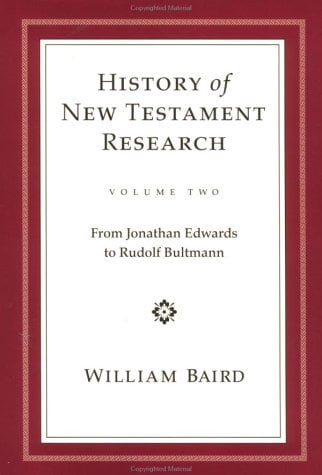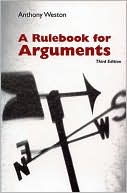Steve Runge has posted a fantastic essay on “The Bane of Dismissive Scholarship.” Among his most poignant statements are the following:
[T]he literature review and preparation for writing the paper. . . . is where I should be adding to my already profound arsenal of Knowledge, filling my cup til it runneth over. Realistically, I feel like many use this stage to fill their quiver with barbs that they will launch at other scholars. Why? Because some folks seem more interested in being right than in getting it right. . . . The specific issue that has got me in a tizzy is folks getting it mostly right, but being dismissed because of the portion that is lacking. To put it another way, instead of remodeling the missing element of the structure, they demo the whole thing so that THEY can be the builder, THEY can save the day. . . . It behooves me in writing my paper to stop and ask what my objective is: to be right or to get it right? If I am claiming something that no one else has ever claimed before, I have good reason to fear. If I am claiming something that represents the core idea the grammarians have expressed for over a century and I can build on or clarify that argument, there is a far greater chance of getting things right. It is a win-win: in getting it right, I get to be right (Runge, “Dismissive Scholarship”; italics and capitalization original).
The rest of the essay further presses home these points, and the post bears reading in its entirety. The whole post also reminds me of a very pithy sentence from Anthony Weston: “If you can’t imagine how anyone could hold the view you are attacking, you just don’t understand it yet” (Weston 6; cf. Gadamer 302; Machen, quoted in Baird 352).
In this post:
   |
|
Leave a Reply